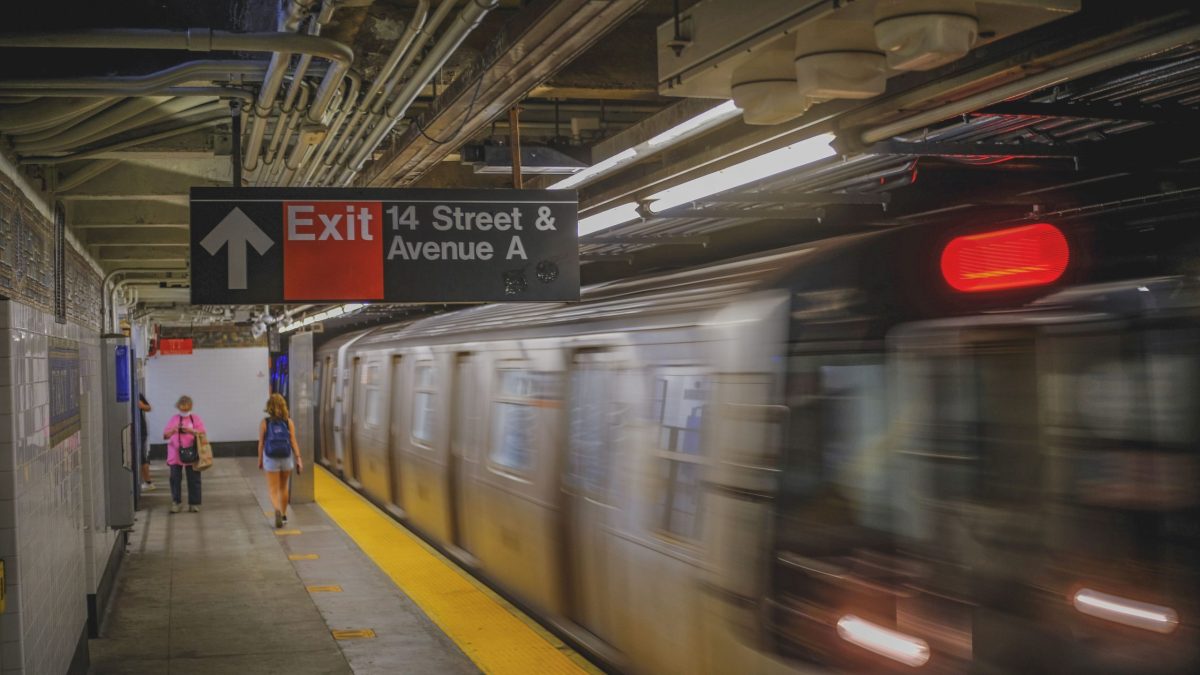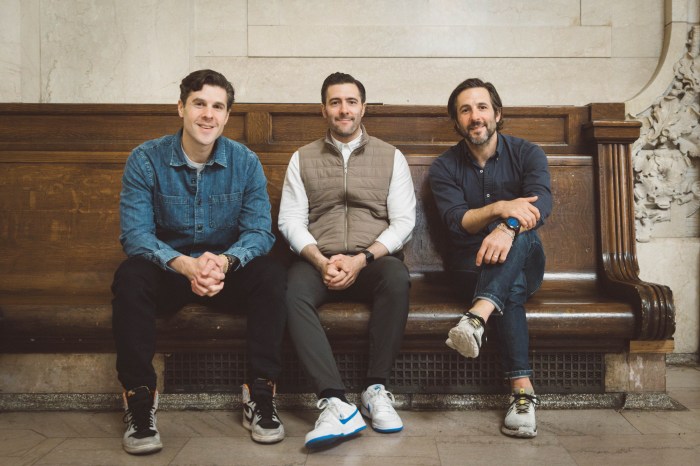Gotta remove your mask to unlock your phone? The MTA thinks you shouldn’t have to.
The authority is not taking any chances with the possible spread of COVID-19 and is asking Apple to expedite its already ongoing effort to update their facial recognition software to recognize a user, mask or no mask.
In a letter issued to the tech giant’s CEO, Tim Cook, on Monday, MTA Chairman Pat Foye stated that an upgrade would not only be a benefit to public transit riders across the board, but also help improve the public spaces in general.
“We have observed customers removing their masks in order to unlock their iPhones with Face ID in order to use their devices for other purposes when standing on the platform and riding our buses, subways and commuter railroads,” Foye said. “We understand Apple is working to address the issue and know that Apple has a range of technologies at its disposal as a global leader among tech companies. We urge Apple to accelerate the deployment of new technologies and solutions that further protect customers in the era of COVID-19.”
According to the MTA, physical head-counts of riders show about 90% of compliance with the agency’s mask mandate. The agency has a 300 person Mask Force that reminds riders to wear a mask and hands them out at subway stops.
In May, Apple released a software upgrade that made it so the passcode prompt would appear instead of the retrying Face ID several times. This allowed for faster opening of phones where users could put their Face ID settings in place, but the MTA says it is still common enough to see riders pulling down their masks.
The MTA faces an existential challenge to bring riders back to the system after the pandemic slashed their ridership by over 90% across all systems and subways are not recovering at a fast enough rate for the agency to recover the loss in revenue to cover operating costs.
It’s likely that if $4 billion in federal funding does not come through for the transit organization, there will be fare hikes, service cuts, and in the long run, a $16 billion deficit.



































